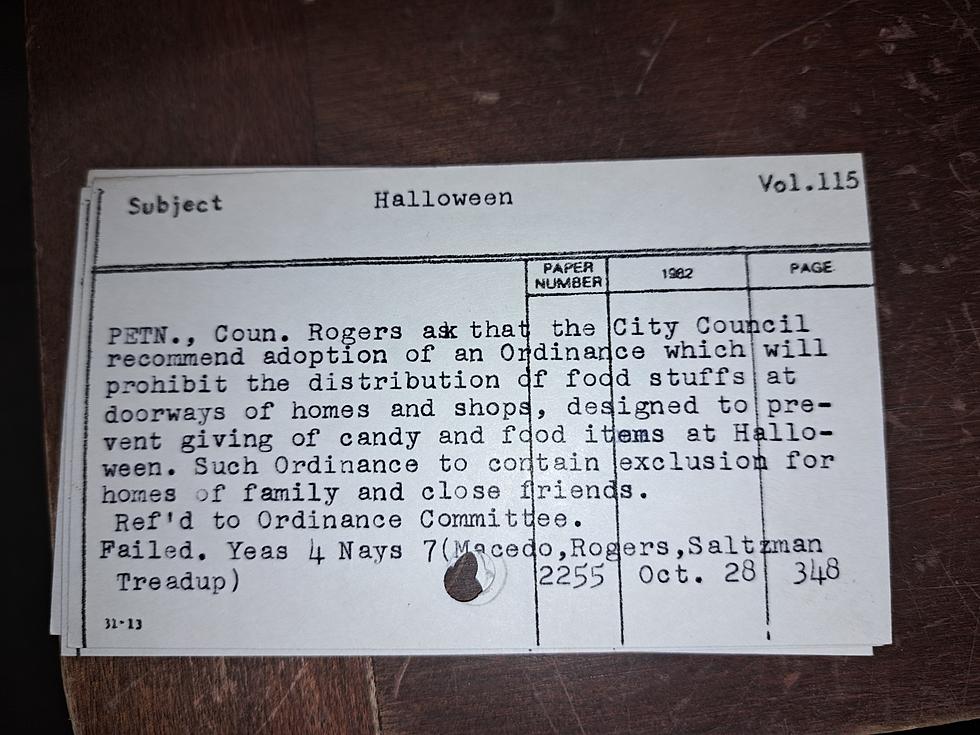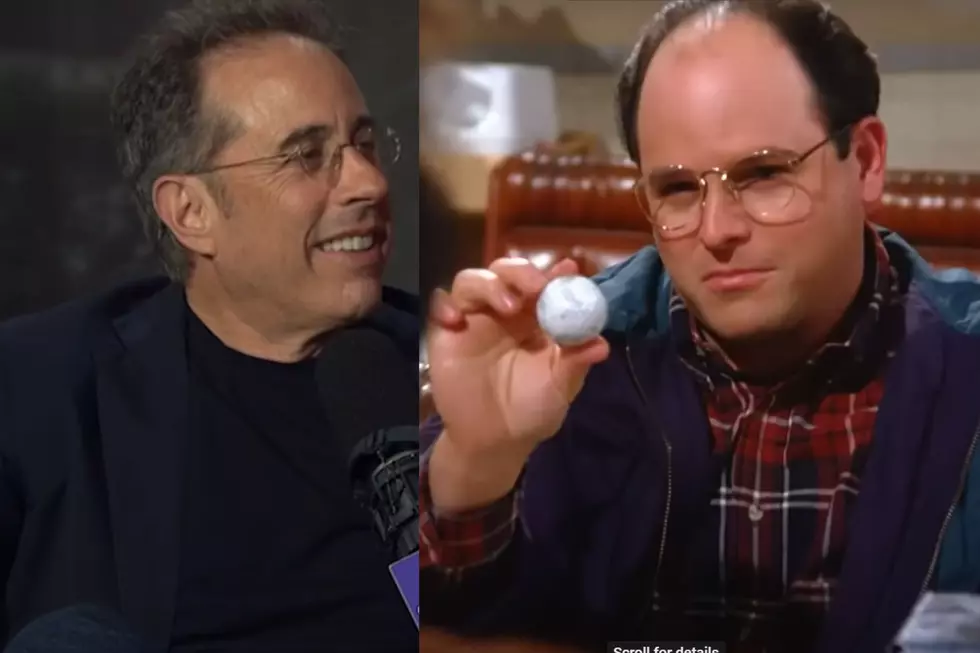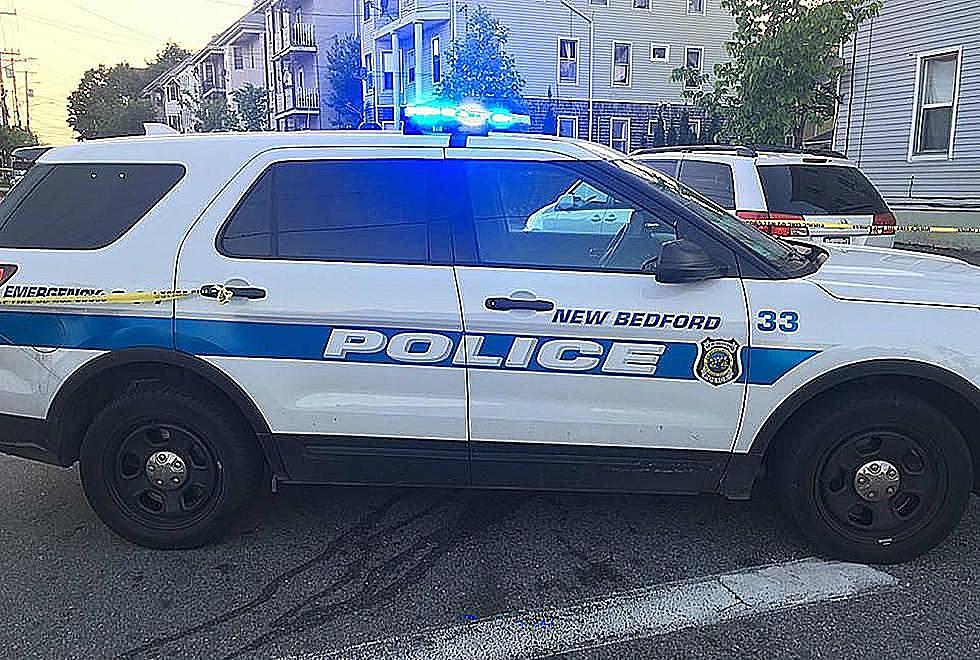
Why the New Bedford City Council Almost Canceled Trick or Treating
Years ago, it was common to receive an apple, orange or even homemade cookies as trick or treat goodies on Halloween in New Bedford and pretty much anywhere else.
That was a much different time.
During the late 1960s and early 1970s there were reports (mostly unsubstantiated) of razor blades, pins and even drugs inserted into fruit and unwrapped candy and other treats. The times were changing.
New concerns about safety resulted in stern warnings from parents not to eat treats collected on Halloween until they could inspect the entire night's haul of goodies.
Unwrapped items, fruit, cookies and things that showed signs of potential tampering were immediately discarded.
It wasn't until several years later that the fear of widespread product tampering resulted in Halloween trick or treating being cancelled in communities nationwide.
New Bedford was at the forefront of the debate.

On September 29 and 30, 1982, seven people in the Chicago area died suddenly and mysteriously. All had ingested Extra-Strength Tylenol moments before their death.
History.com recalls, "Someone had opened the capsules and replaced the pain-relieving medicine with deadly doses of potassium cyanide."
Several members of the New Bedford City Council filed motions to restrict or ban trick or treating. The story caught the attention of the national news media.
With only three days left before Halloween 1982, Councilor George Rogers' motion to ban trick or treating in New Bedford failed. ABC's Nightline was live from City Hall.
A subsequent motion for an outright ban on trick or treating in New Bedford was introduced later by Councilor William Saltzman. The motion was placed on file and never debated.
Members of the New Bedford City Council during that crucial debate included Maureen Cavanaugh (Ward 1), Paul Barton (Ward 2), Cynthia Kruger (Ward 3), J. Mark Treadup (Ward 4), Nelson Macedo (Ward 5) and Tom Kennedy (Ward 6).
At-Large Councilors included Rogers, Rosalind Poll Brooker, Saltzman, Daniel Hayes and Dorothy Kearney.
Kruger was council president at the time of the vote.
The Tylenol murders resulted in the tamper-proof packaging that is common for most products these days.
History.com says, "Despite a 40-year ongoing investigation by the FBI and other law enforcement, the perpetrator of the Tylenol murders has never been found."
The main suspect, although never charged, was James Lewis. He died in Massachusetts earlier this year.
2023 Halloween Treats
Unique Pop Culture Halloween Costume Ideas for 2023
Gallery Credit: Ryan Reichard
More From WFHN-FM/FUN 107
![New Bedford Administrator Has Dedicated 51 Years to Teaching [TEACHER OF THE MONTH]](http://townsquare.media/site/519/files/2024/05/attachment-Untitled-design-2024-05-03T160239.277.jpg?w=980&q=75)








